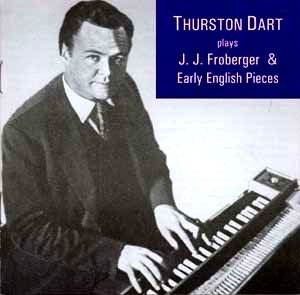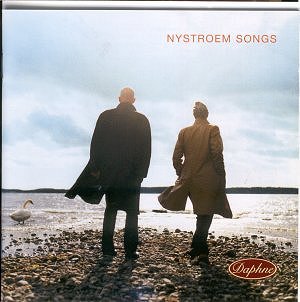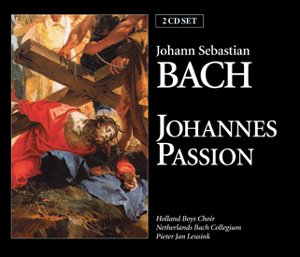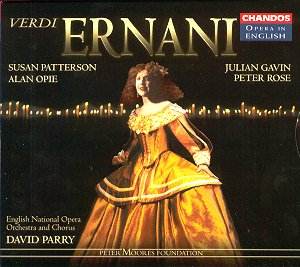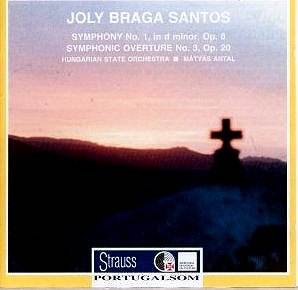 Composer: Joly Braga Santos
Composer: Joly Braga Santos
Works: Symphony No. 1 (1947), Symphonic Overture No. 3 (1954?)
Performers: Hungarian State Symphony Orchestra, Mátyás Antal (conductor)
Recording: 7-10 August 1989, Italian Institute, Budapest
Label: PORTUGALSOM SP4048
Joly Braga Santos, a prominent figure in 20th-century Portuguese music, left behind a legacy that has only recently begun to receive the recognition it deserves. His Symphony No. 1, composed in 1947 and dedicated to the memory of the heroes and martyrs of World War II, stands as a testament to the rich emotional landscape and intricate craftsmanship that characterize his oeuvre. This work, with its expansive three-movement structure, not only reflects the historical context of its creation but also resonates with the broader symphonic traditions of the time, drawing influences from composers such as Vaughan Williams and Tchaikovsky while establishing a distinct voice within the Portuguese symphonic canon.
The performance led by Mátyás Antal showcases the Hungarian State Symphony Orchestra’s robust sound and meticulous precision. Antal’s interpretative choices are particularly noteworthy; he navigates the symphony’s dramatic contrasts with a deft touch, allowing the lush string passages to unfold serenely against the more turbulent brass and percussion outbursts. The first movement, with its brooding introspection reminiscent of Vaughan Williams, reaches a profound emotional depth at around 12:35, where the strings swell into a rich tapestry that evokes both nostalgia and sorrow. The influence of Tchaikovsky becomes palpable in the subsequent sections, particularly through the mournful Slav-like tension that permeates the fabric of the music, culminating in a striking climax that showcases the orchestra’s dynamic range and tonal richness.
The quality of the recording itself deserves special mention. Captured over four days in the acoustically favorable environment of the Italian Institute in Budapest, the sound engineering achieves a commendable balance between depth and clarity. The strings possess a plushness that is utterly captivating, while the brass sections exhibit a biting incisiveness that complements the more lyrical elements of the score. The recording stands out not only for its technical prowess but also for how it enhances the listener’s engagement with the intricate layers of Santos’s musical language. Comparatively, Antal’s rendition surpasses earlier recordings by Pedro de Freitas Branco and Alvaro Cassuto, both of which, while valuable, lack the dramatic impact and vivid soundscapes that this interpretation delivers.
The bonus inclusion of the Symphonic Overture No. 3 further enriches this disc, presenting a work that is both rustic and exuberant—a reflection of the folk influences that permeate Santos’s later works. The overture’s lively energy and cheerful motifs provide a delightful contrast to the more somber tones of the First Symphony, yet Antal manages to maintain a continuity of thematic material that ties both pieces together thematically and emotionally.
This release is a significant contribution to the discography of Joly Braga Santos, offering an accessible yet profoundly engaging entry point into his symphonic world. For enthusiasts of the symphonic repertoire, particularly those with an affinity for the works of Sibelius, Vaughan Williams, and the broader European tradition, this recording of Symphony No. 1 and its accompanying overture is an essential listening experience, poised to elevate Santos’s profile on the international stage. The combination of compelling performance, high-quality recording, and the inherent beauty of the music ensures that this disc is not only a treasure for collectors but also a vital addition to the understanding of Portuguese classical music.
